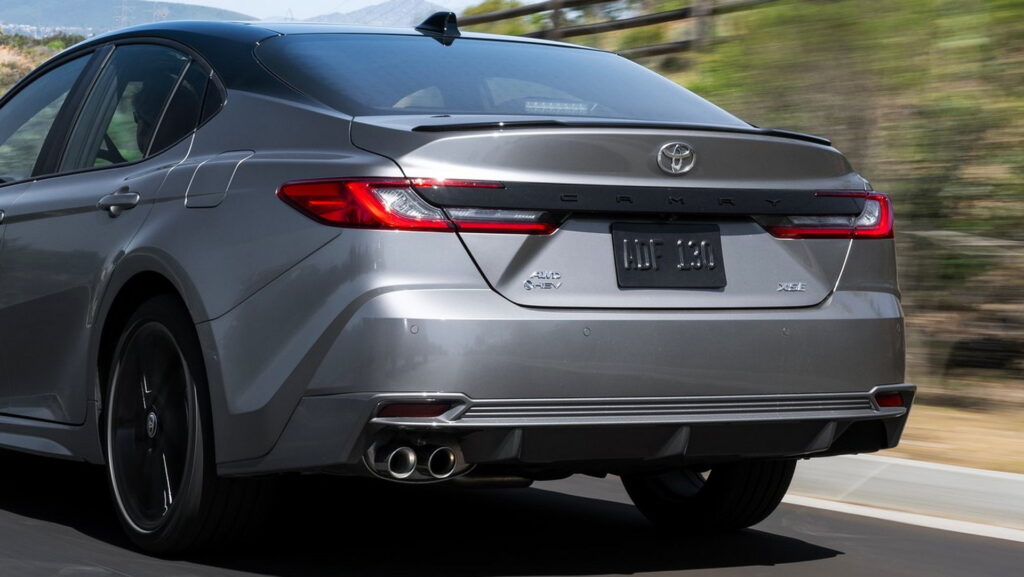Agreement Between the US and Japan on Tariff Reduction
After lengthy negotiations, the United States and Japan have reached a new trade agreement that provides relief to Japanese automakers selling their cars in the USA. In particular, tariffs will remain but will be reduced, as Japan will increase its purchases of goods from the States.
Impact on the Auto Industry
In recent months, Japanese automakers have faced tariffs of 27.5%. Now, most goods exported to the USA, including automobiles and auto parts, will be subject to a base tariff of 15%. The new measure will take effect seven days after President Donald Trump signs the executive order on September 4th.
A survey conducted by Nikkei Asia showed that over 80% of Japanese auto parts manufacturers have already passed the additional costs from these tariffs on to consumers, and others are considering such a step. Before Trump’s return to power, local cars and parts were subject to a relatively small tariff of 2.5%.
In April, none of the surveyed companies raised prices due to tariffs, but after almost six months, many firms can no longer absorb the increased taxes.

Terms for the USA
In exchange for reducing base tariffs to 15%, Japan will increase its purchases of rice and agricultural products, including corn, soybeans, fertilizers, bioethanol, and other goods from the USA, by 75%, amounting to 8 billion dollars per year.
To increase the number of American cars in Japan, the country will also no longer require additional tests for cars from the USA if they meet American safety standards.
Furthermore, the Japanese government has agreed to invest 550 billion dollars in the United States, which, according to the Trump administration, will create hundreds of thousands of jobs. Interestingly, the Trump administration itself will choose where the half a trillion dollars from Japan will be invested.

This agreement could have significant consequences for global trade, especially in the context of economic cooperation between the two countries. The reduction in tariffs will promote growth in sales of Japanese cars in the USA, while the increase in agricultural imports could support American farmers. The 550 billion dollar investment could also stimulate economic growth and job creation in key US sectors.


 by
by 
